So I made £250 betting on Trump to win the presidency. It would have been more, except that every time I got close to topping up my stake, this boring, mimsy, responsible voice in my head kept saying: ‘Now, now James. Don’t be silly. All your sensible friends who know much, much more than you do about politics have been telling you that President Trump just isn’t going to happen.’
One of them was m’learned colleague Toby Young. Until recently we used to do a podcast together. Because it was partly aimed at a US audience, we’d usually chat about the presidential race and I’d go into my crazy spiel about why Trump was the only sane choice; and Toby would patiently explain how silly this was because Trump wanted to disband Nato and we’d probably end up with the third world war.
Toby has now got himself a proper job (working for an education charity), as have most of my journalistic contemporaries. Of late, I’ve begun to feel like the pilled-up, grey-haired rave casualty on the dance floor who hasn’t quite accepted that the party’s over. There I am, persuading myself that I’m the last of the breed, fearlessly relaying truth to power when all the rest have fled the field. But maybe the truth is — or so I’ve sometimes wondered in my darker moments — that I’m just a puerile contrarian raging against reality, when what I should really have done is embraced Remain and rooted for Hillary, like all my more sophisticated friends at places like the Economist, the Times and the Financial Times.
Instead, look at what happened! No, I can’t believe it either — it feels so weird and unnatural I almost want a rerun. Not only was I in the journalistic minority of being right about Brexit, but I was in the even tinier minority of being right about Trump. Maybe it wasn’t such a totally lunatic thing taking that contract with Breitbart, after all.
Breitbart, as you’re probably now aware, is the right-wing US website which can more or less claim ownership of Donald Trump’s victory. Until last week, they were derided by the left-liberal media as being quite beyond the pale of civilised discussion because of their shockingly rude stories about feminists and Islamists and Black Lives Matter activists. Even one or two conservative friends advised me that I’d be tainting myself by association with such a fringe organisation.
What I replied to these kind friends was: ‘One — you clearly don’t understand what’s happening to the media. Fat fees and fantastical expenses have gone. To earn a living you have to go where the money is. And increasingly that ain’t on what’s left of Fleet Street.
‘Two: you obviously have no idea how well Breitbart is doing. You may not like their punchy, attack-dog style but they’re part of a populist revolution, representing the kind of people who are ignored and often despised by the mainstream media.
‘And three: how many other outlets are out there would be prepared to pay me a regular income to write whatever the hell I like, especially on my pet topic, the hatefulness of the environmental industry?’
A lot of Breitbart’s success is down to its former executive chairman Stephen K. Bannon (aka the Steve Monster; aka Honey Badger), a truly terrifying figure: ex-US Navy; ex-Goldman Sachs; ex-movie industry, where he made a fortune accidentally buying up the rights to Seinfeld; infamous for his short temper and epically foul-mouthed outbursts. But though I found him petrifying to work for — he’s like the eye of Sauron: he sees everything and exists on Diet Coke and no sleep — he’s probably the most impressive galvanising force and greatest political visionary I have ever met.
When we first met a bit over three years ago, he had it all planned out: he was going to destroy the corrupt, sclerotic, self-serving political establishment which he utterly despised — squishy, centrist conservatives even more than lefties — and the first stepping stone towards achieving this would be securing Britain’s exit from the European Union. Thereafter, he’d capture the US presidency.
‘Yeah, right,’ I thought. But look where he is now: newly appointed ‘chief strategist and senior counsellor’ to the next president of the USA. He’s earned it too. It was his idea, I suspect, to copy from his friend and hero Nigel Farage the strategy of campaigning on an outsider ticket, whereby Trump revelled in the hatred and brickbats of his establishment opponent because it just showed what a people’s revolutionary he was.
Before that, Bannon did an awful lot of groundwork on Breitbart’s daily radio show on Sirius FM, engaging with and building Trump’s voter base even before Trump’s presidential campaign was really a thing. These were blue-collar workers but they definitely (and this was the left-liberal media’s fatal error) weren’t low-information voters nor were they dumb rednecks. Bannon would talk to them like an impatient, irascible professor trying to get the very best out of students he knew were much cleverer than they realised. More often than not he was proved right.
One of his pet peeves is the great climate-change con. It’s partly why he recruited a notorious sceptic like myself. This is going to be painful news to the BBC, the University of East Anglia and Caroline Lucas, but this thing where Trump says he doesn’t believe in ‘global warming’: it’s not some wind-up stunt to troll lefties; it’s going to be a core part of his administration’s political programme.
This is great news for science (the sort that cleaves to empiricism, rigour and the scientific method), great news for the global economy and great news for the handful of journalists who’ve been saying for years that the climate emperor has no clothes.
Basically, we won.
The post The moral arc of the universe bends towards me appeared first on The Spectator.
Got something to add? Join the discussion and comment below.
Get 10 issues for just $10
Subscribe to The Spectator Australia today for the next 10 magazine issues, plus full online access, for just $10.
You might disagree with half of it, but you’ll enjoy reading all of it. Try your first month for free, then just $2 a week for the remainder of your first year.


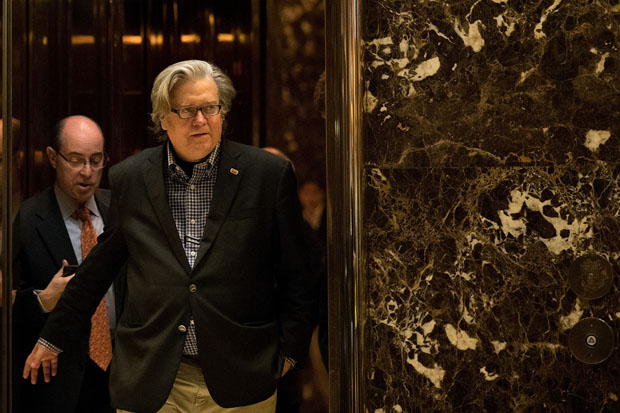
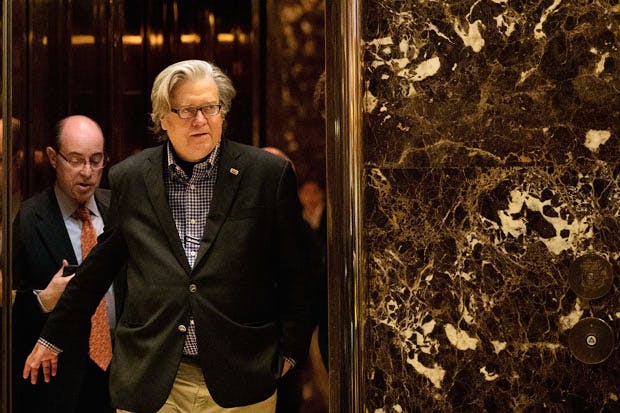
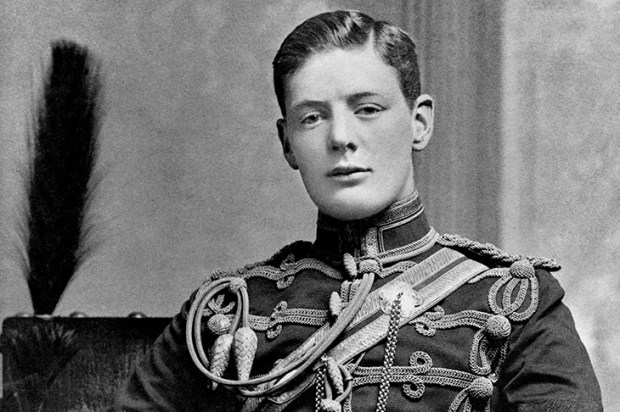
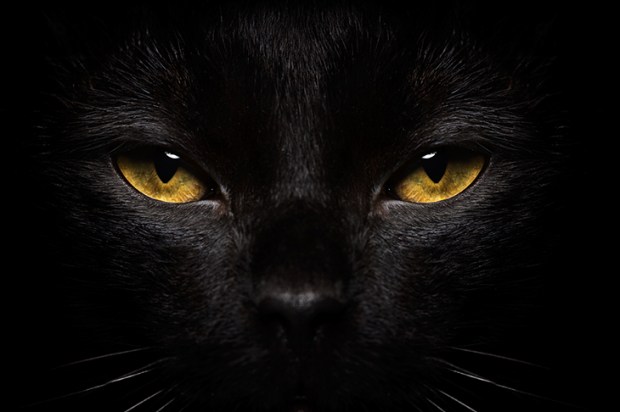
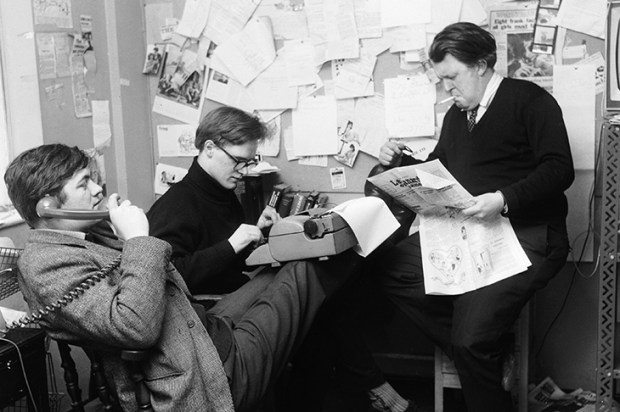








Comments
Don't miss out
Join the conversation with other Spectator Australia readers. Subscribe to leave a comment.
SUBSCRIBEAlready a subscriber? Log in